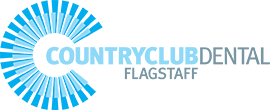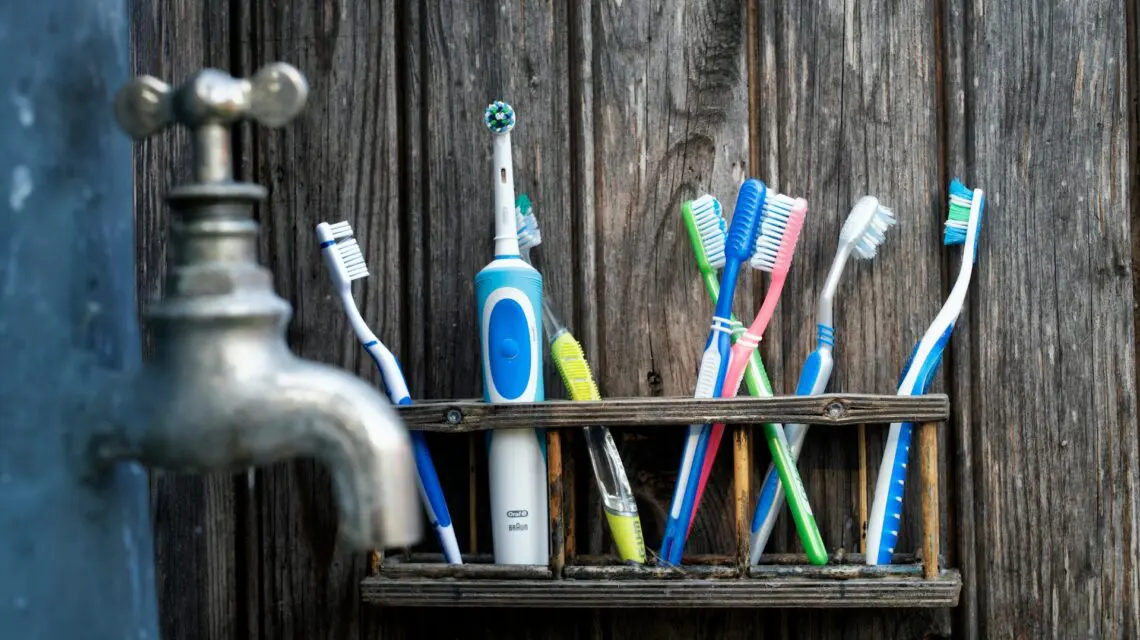Brushing your teeth twice a day is your best defense against cavities and gum disease. But what kind of brush should you use? According to the American Dental Association (ADA), both electric and manual toothbrushes can effectively remove plaque. However, each one has its own advantages and limitations. If you are on the fence about which toothbrush to buy, take a look at our list of pros and cons.
Manual vs. Electric Toothbrushes
Electric toothbrushes use either oscillating or vibrating actions to clean your teeth. Oscillation (spinning) provides extra movement at the head of the brush to remove plaque. Sonic toothbrushes use audible vibrations to loosen plaque, while ultrasonic toothbrushes use even higher, inaudible vibrations to break plaque apart and push it away from the crevices in your teeth.
Manual toothbrushes are the most common type of toothbrush, and they are the ones most people are familiar with. As their name implies, all their power and the motions they make come from your hands. While they are less fancy than their electric counterparts, when used correctly, they are just as effective at cleaning your teeth.
Manual Toothbrushes: Pros and Cons
- More affordable, often costing less than $5.
- Do not require electricity or batteries to operate.
- Easily accessible, manual toothbrushes are available almost anywhere, from grocery stores to gas stations.
- For a manual toothbrush to be fully effective, you must use the correct techniques to remove plaque and mitigate damage.
- They can be wasteful, as you must replace the entire brush every three months. However, there are many recycled and sustainable options available.
Electric Toothbrushes: Pros and Cons
- They can clean your teeth more thoroughly, with less work.
- They may be less wasteful, as you only need to replace the head instead of the entire brush.
- Electric toothbrushes are great for people with limited mobility, because they require fewer fine motor movements in the hand and wrist.
- Built-in timers can help you brush for the proper amount of time.
- Electric toothbrushes need a charger or batteries to operate, making them difficult to travel with, especially internationally.
- They are much larger, and take up more space in your medicine cabinet.
- Electric toothbrushes can be expensive. While some only cost about $20, others cost closer to $300, not including the replacement heads.
Don’t Brush Off Your Dental Exams
At Country Club Dental, we recommend using an electric toothbrush with soft bristles. However, the best type of toothbrush is always the one you will consistently use. Whether you choose manual or electric, brushing twice a day will keep your teeth healthy between dentist appointments.
Our dentists, Dr. Whitney, are here to help you care for your brilliant smile. If you’re due for a cleaning and exam, or have questions about switching to an electric toothbrush, contact us today to make an appointment.
Imagaes used under creative commons licence – commercial use (5/12/24). Photo by Henrik Lagercrantz on Unsplash.


